Directory
- Share
Sytske Besemer
- Alumni
- Netherlands
- 2008 PhD Criminology
- Jesus College

Sytske Besemer
- Alumni
- Netherlands
- 2008 PhD Criminology
- Jesus College
Before coming to Cambridge I studied psychology and criminology in Leiden and Amsterdam. For my PhD I investigated mechanisms explaining the intergenerational transmission of violent and criminal behaviour. Why do children of criminal/aggressive parents have a higher risk of showing similar behaviour? I contrasted several explanations for this intergenerational continuity such as social learning, official bias against certain families, and the transmission of risk factors. I investigated this in England as well as in the Netherlands. By doing this I hope to contribute to knowledge about the development of aggression and criminal behaviour, which can help to design interventions against such behaviour. I am fascinated by human development of which these types of behaviour are just one part. During my post-doc at UC Berkeley I continued this line of research and also looked at the opposite: how does children's problem behavior impact on parenting practices? I then transitioned into industry as a ux researcher and after Uber and Facebook I now work at a startup called Cradle (cradle.bio), where we want to use machine learning to make it faster,easier and cheaper to design proteins.
Elvis Beytullayev
- Alumni
- Ukraine
- 2001 PhD International Studies
- Wolfson College

Elvis Beytullayev
- Alumni
- Ukraine
- 2001 PhD International Studies
- Wolfson College
Apoorva Bhandari
- Alumni
- India
- 2008 PhD Biological Science
- Darwin College
Apoorva Bhandari
- Alumni
- India
- 2008 PhD Biological Science
- Darwin College
I am interested in understanding the architecture of the brain and how it contributes to making us the way we are. I believe that increasingly, discourses in education will be based on a science of learning rooted in our understanding of brain function. My goal is to establish a productive laboratory to pursue research in the neural mechanisms of higher cognition. I hope to build bridges with the education and EdTech community and fulfil the promise that neuroscience holds for education.
Previous Education
University of Edinburgh M.Sc. Neuroscience 2008
National Centre for Biological Science, India Biology (no degree) 2004
St. Xavier's College, Gujarat University, India B.Sc. Biochemistry 2003
Maheetha Bharadwaj
- Alumni
- United States
- 2016 MPhil Genomic Medicine
- Clare College
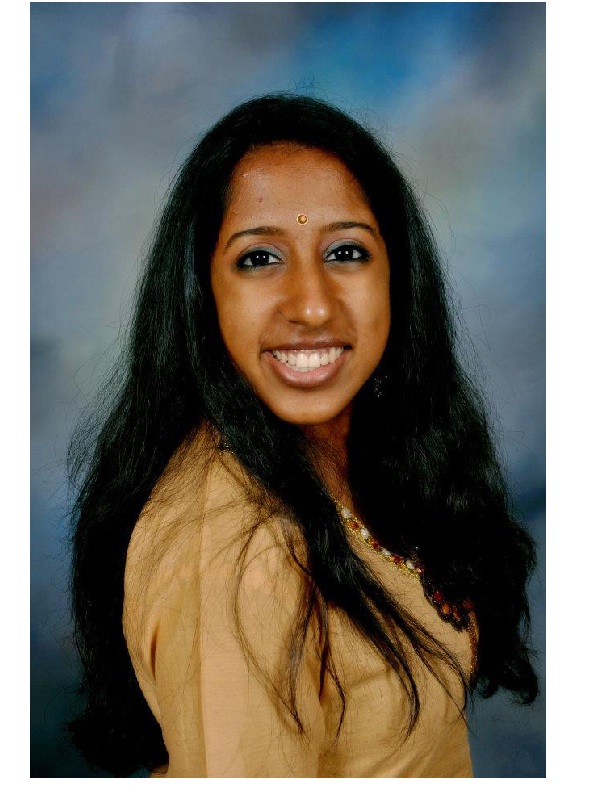
Maheetha Bharadwaj
- Alumni
- United States
- 2016 MPhil Genomic Medicine
- Clare College
Passionate about delivering quality health care to all, I came to Stanford with the intention of taking up a career in health care . Pursuing a bachelor’s in biology, a master’s in biomedical informatics, and genomics research equipped me adequately to understand the role of genome mutations in disease processes. At the McDonnell Genome Institute at Washington University, I searched sequencing and expression data for patterns in tumor suppressors and oncogenes that caused cancer. At Stanford, I studied translational allelic-specific expression in human lymphoblastoid cells. The complexity of our genome fascinated me, and I garnered a desire to understand ways in which genome could be modified disease processes. With increasing availability of sequencing data, it is important to gain the skills to analyze and interpret this data meaningfully for a future of genetics-driven, preventative, personalized medicine. Thus at Cambridge, I will pursue a Masters of Philosophy in Genomic Medicine exploring ways to incorporate sequencing data and technologies directly into patient care delivery. After Cambridge, I plan to do an MD/Ph.D, which will enable me to deliver health care in innovative ways to my local community and bring personalized medicine to bedside globally. Outside academics, I am the founder of Stanford Music and Medicine, an organization that recruits Stanford students to use music as a form of therapy for nursing home residents. I also work for a non-profit that develops arts-based science supplemental lesson plans for middle school students in East Palo Alto. In my free time, I love singing in the shower, hiking, and horror films.
Previous Education
Stanford University
Vaibhav Bhardwaj
- Alumni
- Zimbabwe
- 2012 PhD Plant Sciences
- Magdalene College
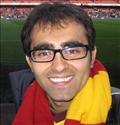
Vaibhav Bhardwaj
- Alumni
- Zimbabwe
- 2012 PhD Plant Sciences
- Magdalene College
I studied for my PhD in Cambridge from 2012-2016.
I work for Benchling as a scientist. We have developed software for Life Sciences companies involved in cutting edge biotechnology. In my role I work to develop solutions to assist in streamlining lab processes to increase efficiency of data capture and speed up the analysis of data to help drive research forward.
Anisha Bhat
- Alumni
- United States
- 2015 MPhil World History
- Downing College
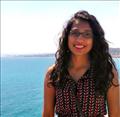
Anisha Bhat
- Alumni
- United States
- 2015 MPhil World History
- Downing College
Born in India, but raised in Chicago, I have always felt caught at the crossroads of cultures. Thus, as an undergraduate studying History at Pomona College, narratives of cross-cultural interaction and diaspora in the Indian Ocean world naturally captivated me. I curated an exhibit entitled “Navigating Culture: Islam and Encounter in the Indian Ocean World” that highlighted the historical role of Islam in exchanges between Africa and Asia. My undergraduate thesis, which I will further develop during my MPhil in World History at Cambridge, is on the Siddi people, or the African diaspora in India. My research examines the Siddi’s cultural entanglements with Europeans, Marathas, and Mughals in the period immediately preceding the colonial era. I am motivated to study the Siddi because I believe that the representation of marginalized groups in history is directly linked to the worldviews that govern their welfare today. Therefore, it is my goal to locate the voices of marginalized diasporas within the historical record, and to illustrate their often crucial role in shaping global events.
Previous Education
Pomona College
Shrivalli Bhat
- Alumni
- India
- 2007 PhD Physics
- Queens' College
Shrivalli Bhat
- Alumni
- India
- 2007 PhD Physics
- Queens' College
I created LoafNest in an effort of revolutionizing the home bread making and to eat healthy. And, I believe that it's possible with LoafNest, with improved no knead method, to make healthy artisan home made bread more regularly.
Kickstarter Link :
https://www.kickstarter.com/projects/trfl/loafnest
Suneel Bhat
- Alumni
- United States
- 2006 MPhil Epidemiology
- St John's College

Suneel Bhat
- Alumni
- United States
- 2006 MPhil Epidemiology
- St John's College
I have spent the better part of recent years involved in biomedical research. The course at Cambridge is an initial step away from the lab into a broader perspective on health, encompassing societal and political aspects. After completing my time in Cambridge I will be returning to the United States to start up medical school. In the future, I hope to work at the interface between medicine, ethics, policy, and economics.
Mohita Bhatia
- Alumni
- India
- 2007 PhD Sociology
- Fitzwilliam College
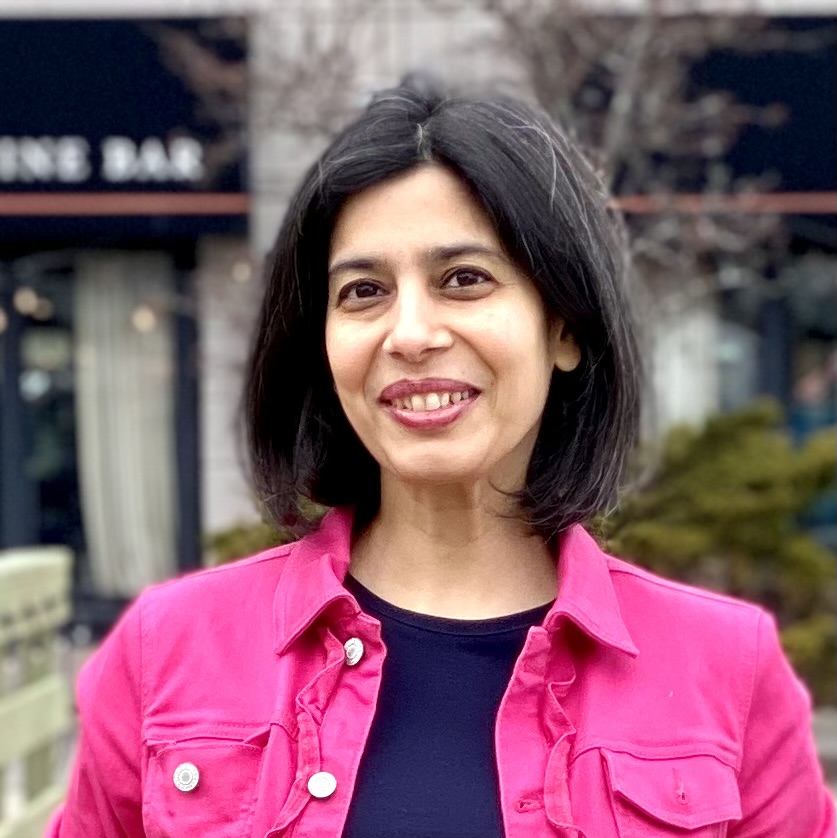
Mohita Bhatia
- Alumni
- India
- 2007 PhD Sociology
- Fitzwilliam College
Mohita Bhatia is an Assistant Professor in the Department of Sociology at Saint Mary’s University. Previously she has been a Fulbright postdoctoral scholar and a visiting fellow at the Centre for South Asia, Stanford University. Her research interests encompass the ethnography of ethno-national conflicts; refugees, citizenship practices, everyday nationalism and border-making, and diaspora studies. She is the author of Rethinking Conflict at the Margins: Dalits and Borderland Hindus in Jammu and Kashmir (Cambridge University Press, 2020).
Tathagat Bhatia
- Alumni
- India
- 2021 MPhil History and Philosophy of Science and Medicine
- Churchill College
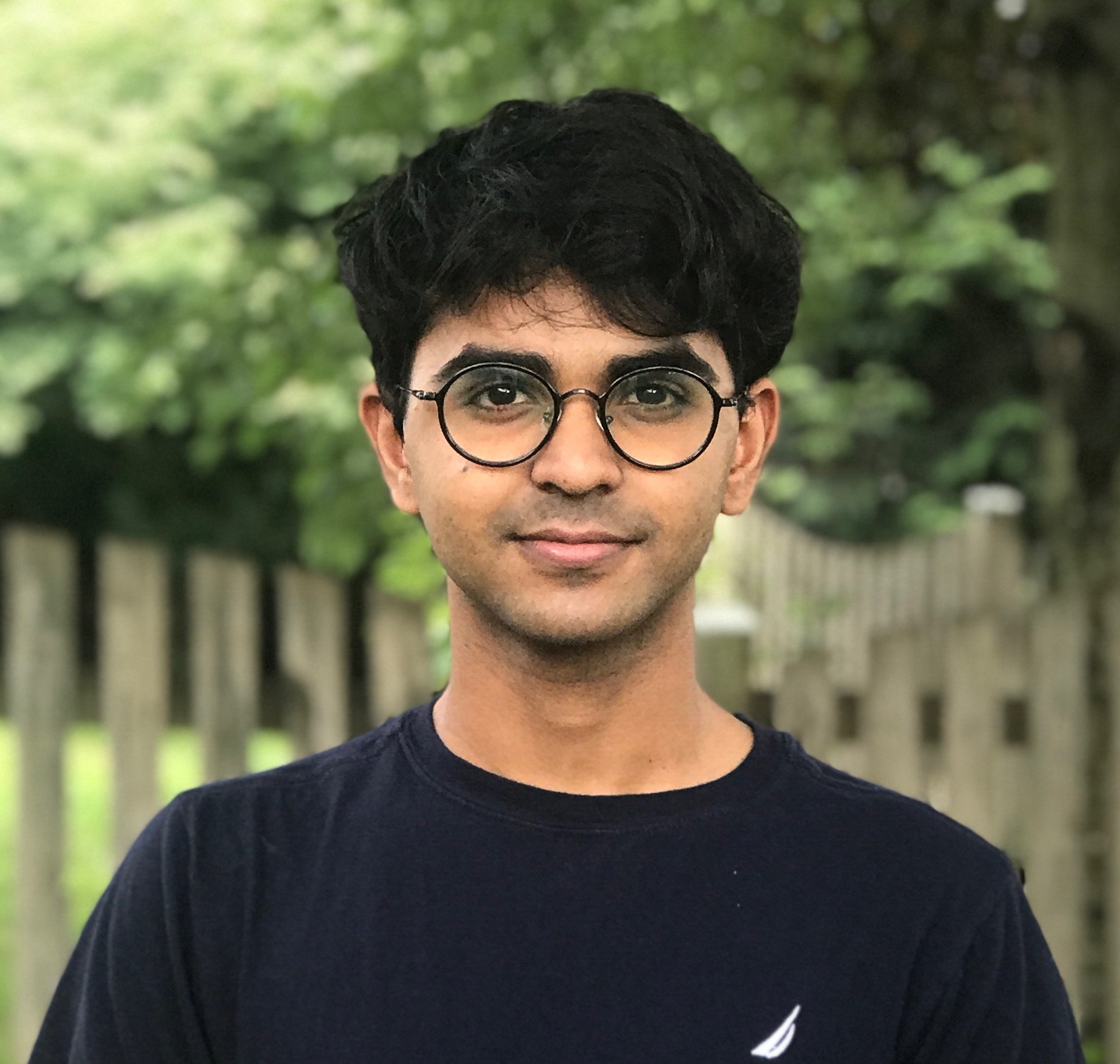
Tathagat Bhatia
- Alumni
- India
- 2021 MPhil History and Philosophy of Science and Medicine
- Churchill College
I grew up in Lucknow, India and moved to the US to attend the University of Pennsylvania, where I am majoring in history of science with a minor in Russian studies. My research interests are situated at the generative intersection of environmental history and science and technology studies, with a focus on South Asia. The question that lies at the center of my research is: what can history teach us about the environmental problems we are mired in today? But these interests are more than scholarly. As we confront a world with a fast changing climate, more and more of us realize that the environmental is also the emotional. As an MPhil student in the History and Philosophy of Science Department at Cambridge, I hope to better understand how we might bring a historical sensibility to our contemporary discussions about remediating the climate crisis. I am thrilled to work along these lines as part of a community of incredibly driven Gates Cambridge scholars who are committed to solving some of the most pressing challenges of our times.
Previous Education
University of Pennsylvania Science, Technology & Society 2021
Jigisha Bhattacharya
- Scholar
- India
- 2022 PhD English
- Churchill College

Jigisha Bhattacharya
- Scholar
- India
- 2022 PhD English
- Churchill College
Growing up in a small town in Bengal, I turned sensitive to conflicts between communities and identities from an early age. While pursuing my BA in English (Hons.) at Presidency University, Kolkata, my MA in English at Jawaharlal Nehru University, New Delhi, and my MPhil. in Social Sciences at the Centre for Studies in Social Sciences, Calcutta, I became interested in how literary and cultural forms share a reciprocal relationship with political ideations and events. As a firm believer in public-facing academic work, I have also curated and written extensively on gender, culture, and literature. Further, teaching undergraduate students at the Jindal Global Law School in India has taught me the transformative potential of pedagogic spaces and the need for an egalitarian academic atmosphere. The steep rise of political incarceration in contemporary India has motivated my doctoral project which traces prison experiences of Indian women activists in literary and archival expressions. Through my scholarship and community engagement, I hope to explore how conditions of marginalisation enable responsibility, solidarity, and hope.
Previous Education
Jadavpur University Social Sciences 2019
Jawaharlal Nehru University English 2017
Shubhayu Bhattacharyay
- Alumni
- United States, India
- 2020 PhD Clinical Neurosciences
- Queens' College
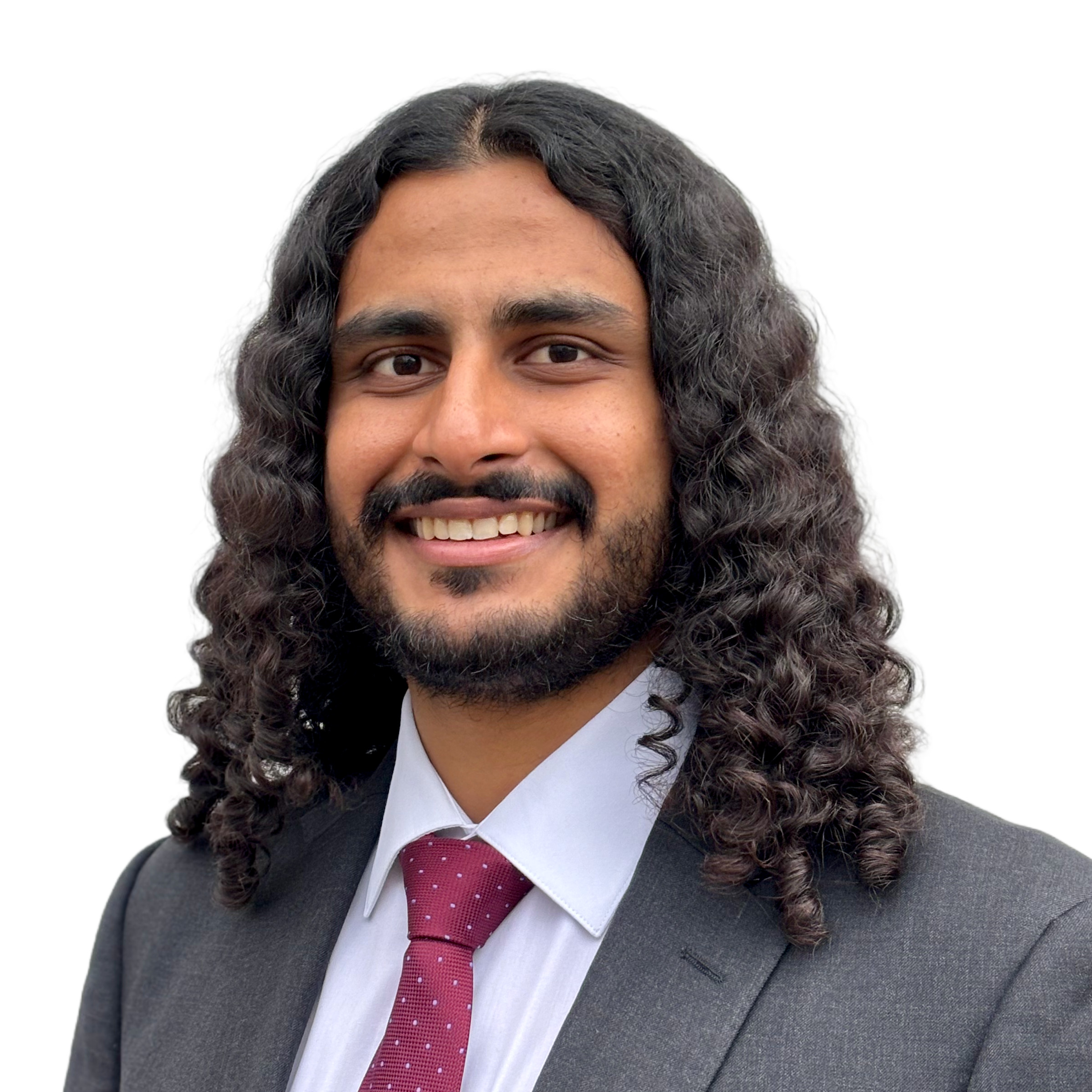
Shubhayu Bhattacharyay
- Alumni
- United States, India
- 2020 PhD Clinical Neurosciences
- Queens' College
I was born in Kolkata, India, and spent my early childhood in Thailand and Vietnam before settling in Los Angeles. Excited by neurotechnology, I pursued a BS in Biomedical Engineering and Applied Mathematics & Statistics at Johns Hopkins University with a joint focus in computational neuroscience. My goal is to derive life-saving insight from the vast data collected in the treatment of severe brain injury. During my PhD, I aim to develop pattern recognition algorithms that prioritise traumatic brain injury patient information, deliver precise prognoses and visualise interpretable features to inform real-time decision making. Upon integration into bedside monitors of the neurosciences critical care unit, this system would enable the development of evidence-supported treatment plans catered to each patient's needs. In turn, I hope this work leads to improved clinical outcomes, greater autonomy for brain injury patient families and improved access to neurocritical care in remote areas. I am very excited to join the Gates Cambridge community! The lifelong friendships I will build with future leaders across disciplinary and political boundaries will enhance the global impact of my work while enriching my world view.
Previous Education
Johns Hopkins University 1. Biomed Eng 2. Applied Math 2020
Charity Bhebhe
- Alumni
- Zimbabwe
- 2018 PhD Pharmacology
- Newnham College
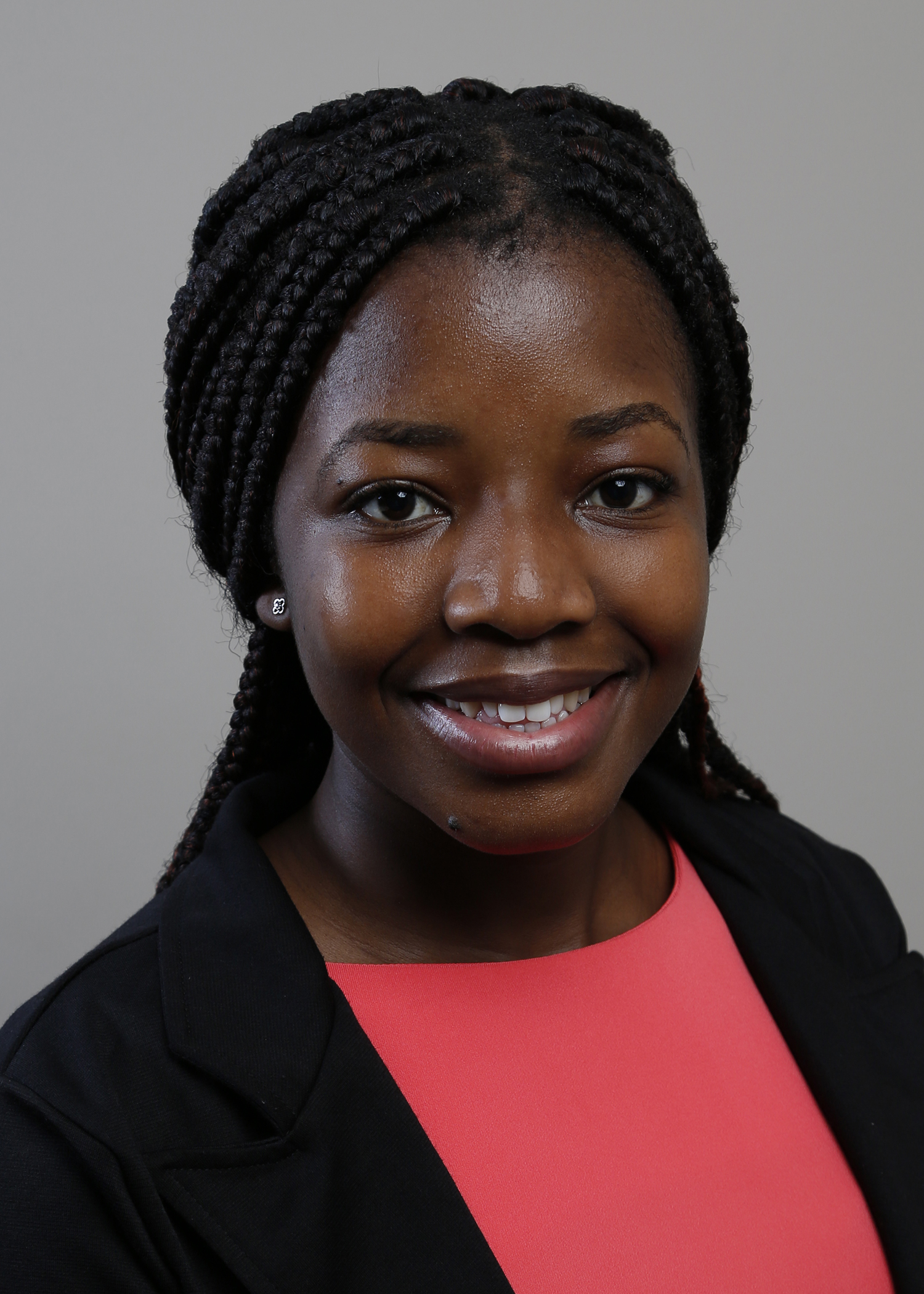
Charity Bhebhe
- Alumni
- Zimbabwe
- 2018 PhD Pharmacology
- Newnham College
As is common in the majority of developing countries, there is an absence of basic resources needed to treat a variety of illnesses. My home country of Zimbabwe is no different. This lack of fundamental infrastructure is what has driven me to acquire knowledge that will allow me to treat and prevent such diseases. During my undergraduate studies, I developed an appreciation of the molecular complexity of diseases that drives disease pathogenesis, an appreciation that is critical in informing prevention and treatment options. I intend to further explore these molecular and cellular foundations to develop therapies for human disease at the University of Cambridge where I will pursue a PhD in Pharmacology while working with Dr. David Bulmer. Dr. Bulmer is investigating the mechanisms of hypersensitivity in gastrointestinal disease. Gastrointestinal disease is a common disorder that is characterized by diarrhea and abdominal pain and is a leading cause of child morbidity and mortality worldwide. Because of this, it is imperative to better understand the mechanisms of this disease to develop effective analgesics for the management of pain. It is my goal to apply my medical research skills in investigating and preventing diseases to improve healthcare standards and give people from disadvantaged communities a fair chance to fight against disease.
Previous Education
Arizona State University
Mohit Bhende
- Alumni
- United States
- 2001 MPhil Economics
- Trinity Hall

Mohit Bhende
- Alumni
- United States
- 2001 MPhil Economics
- Trinity Hall
Beatrice Bianchi
- Alumni
- Italy
- 2011 MPhil African Studies
- Peterhouse

Beatrice Bianchi
- Alumni
- Italy
- 2011 MPhil African Studies
- Peterhouse
Following the completion of my MPhil in African Studies (Peterhouse, 2012) I established a private consulting firm (B. Bianchi Consulting) that specializes in post-crisis, security sector reform, and democratic governance. I am putting into use my nearly ten years of experience with African issues to the service of electoral, gender and youth, economic development, and human rights projects by IGOs and NGOs such as the European Union, the World Bank, and France terre d'asile. I have also taught courses on African history and on the geopolitics of conflict in Africa for institutions of higher learning and governmental bureaus. I am presently seeking new opportunities for helping develop strong democratic structures and economic opportunities in Africa, for Africans. I hope to be able to continue my collaboration with IGOs, NGOs, and national governments to this end. It is also my wish to expand my area of expertise to the Southern Cone of Africa, and South America.
Jovonne Bickerstaff
- Alumni
- United States
- 2004 MPhil Social and Development Psychology
- St John's College

Jovonne Bickerstaff
- Alumni
- United States
- 2004 MPhil Social and Development Psychology
- St John's College
As an interdisciplinary scholar of race, gender and family in African Diaspora experience, I am interested in ecosystems of well-being and the interpersonal impacts of trauma and chronic insecurity. My current book project takes couple relationships as a site for revealing how adversity impacts emotional attachment and the vital role of interpersonal connections in building resilience.
I am a native of Akron, Ohio and an alumna of MIT (BS - Urban Studies & Planning, BS - Writing & Humanistic Studies, 2002). At Cambridge I continued research I began in Paris, France as a US Fulbright Grantee examining the influence of increasing racialization of national identity/Frenchness from the perspective of first generation French blacks. I completed a PhD in sociology at Harvard examining attachment and emotion work among Black couples. I am also co-authoring a book with my AADHum colleagues on how a Black feminist ethic of care and intentionality was essential to developing a leading Black Digital Humanities Initiative.
Previous Education
Massachusetts Institute of Technology
cole des Hautes Etudes en Sciences Sociales
Helena Billington
- Alumni
- Australia
- 2014 Mphil Epidemiology
- Newnham College
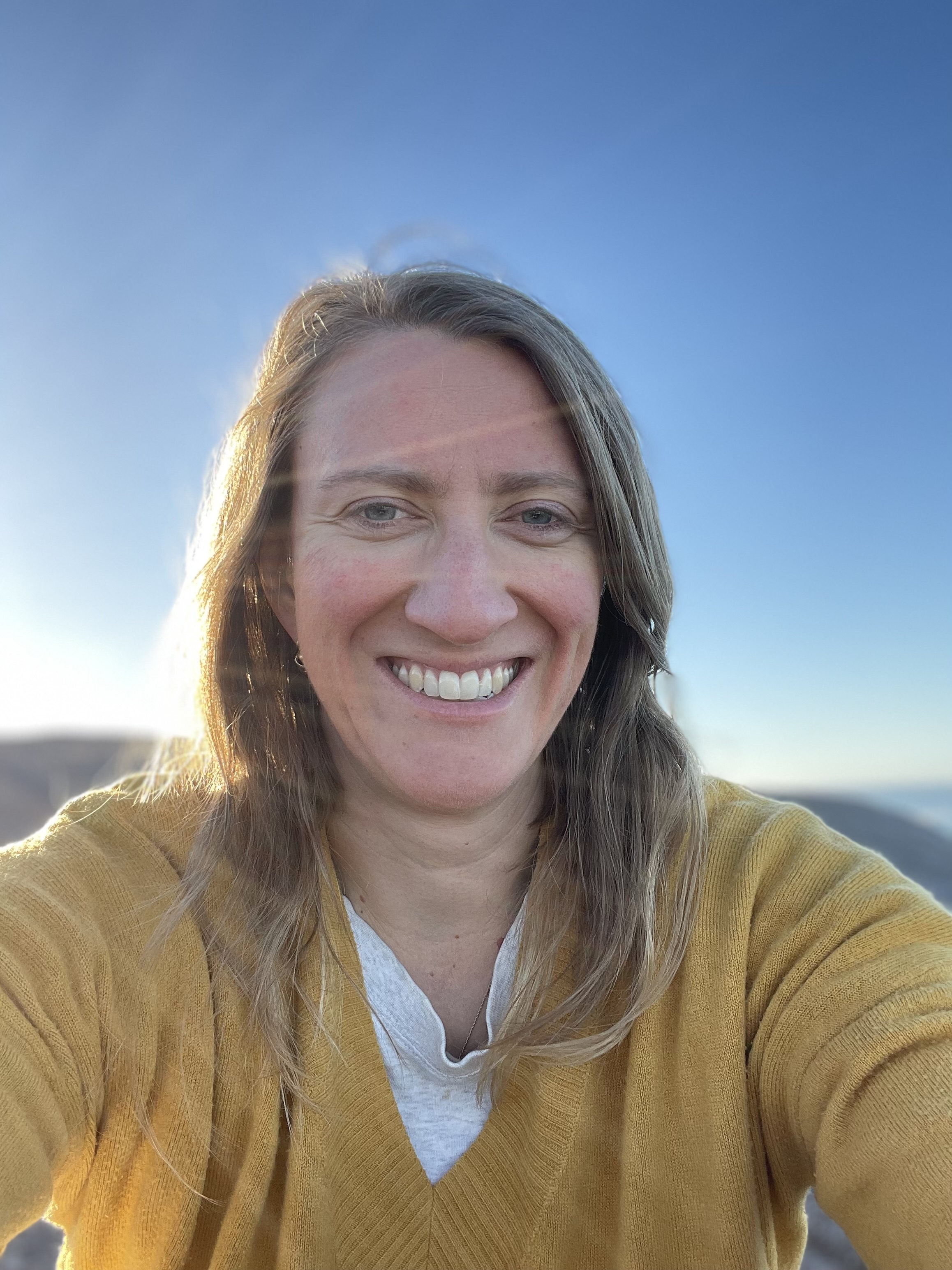
Helena Billington
- Alumni
- Australia
- 2014 Mphil Epidemiology
- Newnham College
I see quality statistics and the use of them in decision-making as paramount to enabling governments to make wide-reaching, positive changes to people's lives. My goals are to improve the translation of data analysis into policy, and to inspire future generations to use their quantitative skills to benefit our global community.
Previous Education
The University of Adelaide Honours Degree of Bachelor of Mathematical and Computer Sciences (Statistics) 2008
Andrea Binder
- Alumni
- Germany
- 2014 PhD Politics and International Studies
- Magdalene College
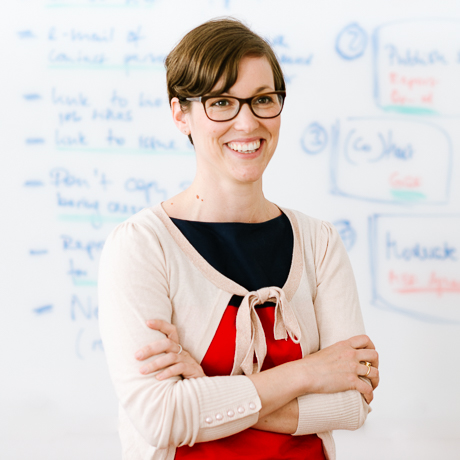
Andrea Binder
- Alumni
- Germany
- 2014 PhD Politics and International Studies
- Magdalene College
For the past eight years I worked at the Global Public Policy Institute (GPPi), an independent think tank based in Berlin. From 2011-2014, I served as GPPi’s associate director heading the programs on humanitarian action and innovation in development. I conducted field research in Haiti, DRC, CAR, Uganda and Turkey. At Cambridge, I will focus on state power and the politics of offshore finance. Offshore financial centres, or tax havens, are at the core of social inequality within and across countries. They help the wealthy elite to avoid taxes, shifting the burden of paying for public goods to lower income classes. Global tax evasion can only be addressed if countries collaborate internationally because of the near-complete integration of financial markets into one single global market. Studying the regulation of tax havens, I hope to make a contribution to more tax justice and a more stable financial system.








